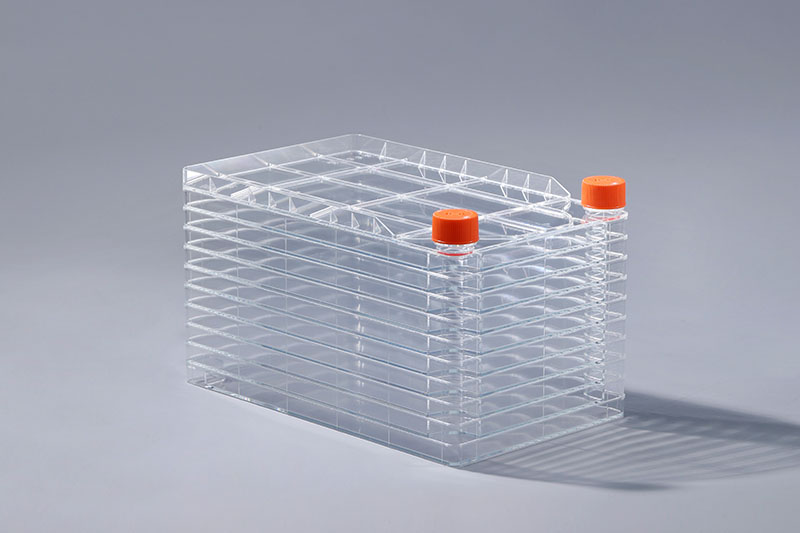細胞培養技術は、バイオ医薬品、モノクローナル抗体、細胞治療の分野で一般的に使用されている技術です。 細胞工場は、主に大規模な細胞培養に使用されます。細胞の成長は多くの要因の影響を受けますが、その温度は非常に重要な側面です。
通常の状況では、哺乳類および鳥類の細胞のinvitro培養に適した温度は37〜38°Cです。温度が高すぎたり低すぎたりすると、細胞の成長に影響を及ぼします。低温に耐える細胞の能力は、耐熱性の能力よりも強力です。低温では、細胞の代謝活性と核分裂が低下します。温度が0°C以上の場合、細胞代謝に影響を与えますが、悪影響はありません。細胞を25〜35°Cに置くと、細胞は生き残り成長することができますが、速度は遅くなります。 37℃に戻ると、培養細胞は増殖し続ける可能性があります。
高温は細胞培養には適していません。細胞は39〜40℃で1時間培養され、ある程度損傷する可能性がありますが、それでも回復することはできますが、2℃の温度上昇に数時間耐えることができません。 41-42°Cで1時間、細胞の損傷は深刻です。温度が43°Cを超えると、ほとんどの細胞が死滅しました。高温は主に酵素の不活性化、脂質の破壊、核分裂の破壊、コアグラーゼの生成、細胞の凝固、およびタンパク質の変性を引き起こします。したがって、細胞工場は適切な温度を維持し、細胞を培養する際に高温を避ける必要があります。
結論として、細胞工場での細胞増殖は複数の要因の影響を受け、温度はそのうちの1つにすぎません。その他には、浸透圧、無菌環境、ガス、およびpHが含まれます。
The FAI climbed 5.9 percent year-on-year in the first 11 months of 2018, quickening from the 5.7-percent growth in Jan-Oct, the National Bureau of Statistics (NBS) said Friday in an online statement.
The key indicator of investment, dubbed a major growth driver, hit the bottom in August and has since started to rebound steadily.
In the face of emerging economic challenges home and abroad, China has stepped up efforts to stabilize investment, in particular rolling out measures to motivate private investors and channel funds into infrastructure.
Friday's data showed private investment, accounting for more than 60 percent of the total FAI, expanded by a brisk 8.7 percent.
NBS spokesperson Mao Shengyong said funds into weak economic links registered rapid increases as investment in environmental protection and agriculture jumped 42 percent and 12.5 percent respectively, much faster than the average.
In breakdown, investment in high-tech and equipment manufacturing remained vigorous with 16.1-percent and 11.6-percent increases respectively in the first 11 months. Infrastructure investment gained 3.7 percent, staying flat. Investment in property development rose 9.7 percent, also unchanged.
 English
English



















































